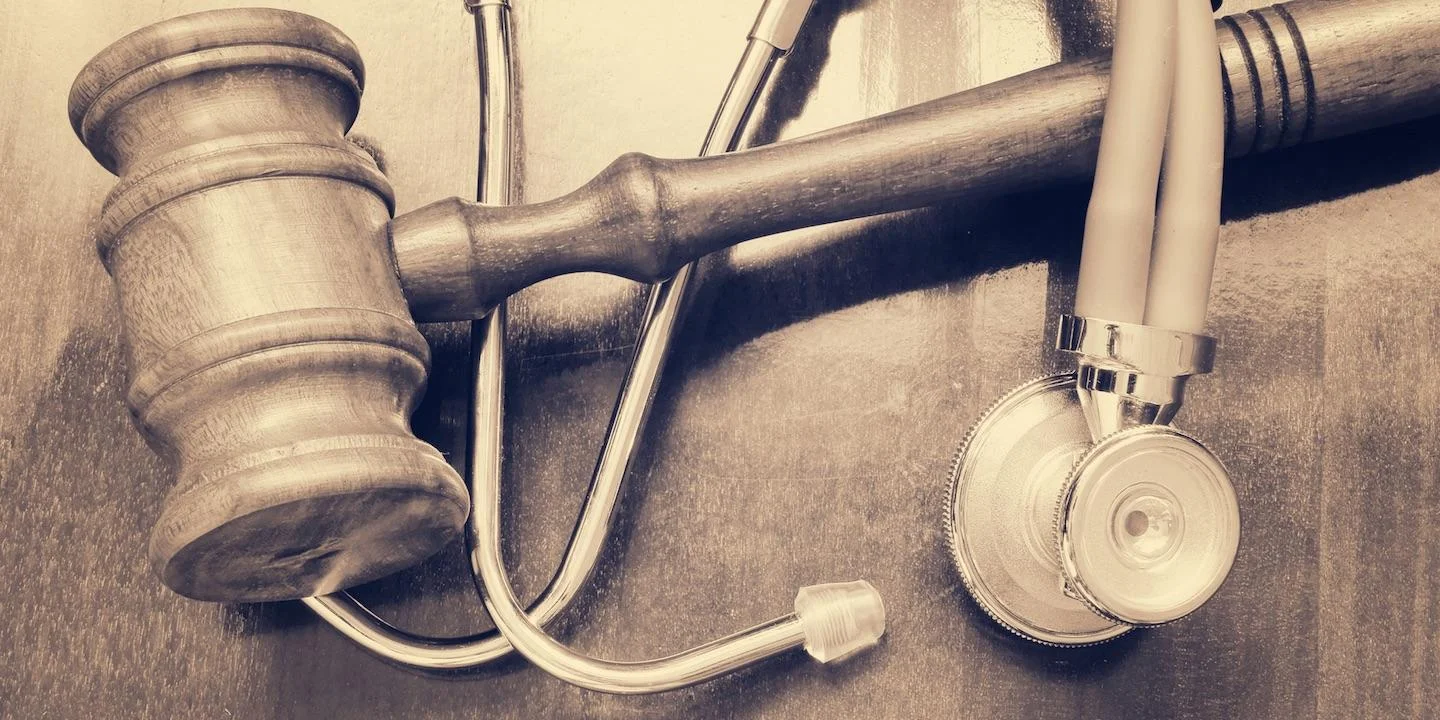HARRISBURG – Earlier this summer, the state Supreme Court issued a decision that could result in more lawsuits against doctors.
On June 20, the court sent part of a medical malpractice lawsuit back to the Montour County Court of Common Pleas, ruling that a neurosurgeon could not delegate the task of obtaining informed consent for a risky tumor-removal procedure to his physician’s assistant.
Donald N. Camhi, principal at Post & Schell PC, said this decision could increase litigation for doctors in the Commonwealth.
“By limiting the obtaining of informed consent to the physician performing the surgery or treatment at issue only, the court in its decision has expanded an avenue of recovery to plaintiffs in these types of cases,” Camhi told the Pennsylvania Record.
Megan L. Shinal and her husband Robert filed a lawsuit against neurosurgeon Steven A. Toms after a benign brain tumor resection surgery performed on Megan Shinal “resulted in hemorrhage, stroke, brain injury and partial blindness,” which was allegedly caused by Toms’ perforation of Shinal’s carotid artery during the Jan. 31, 2008, operation.
After a jury in the Montour County entered a verdict in favor of Toms and the Superior Court affirmed that ruling, the Shinals’ appealed two issued to the Pennsylvania high court.
Specifically, the Supreme Court said Shinals’ appeal questioned whether the trial court was wrong to not exclude several jurors because their family members had indirect ties to Toms through his employer Geisinger Health System and whether the lower court erred in ruling that the informed consent obtained by Toms’ physician’s assistant was valid.
The Supreme Court affirmed the lower courts’ decision on the exclusion of jurors, agreeing that the jurors in question were not proven to know Toms or to be in any way financially affected by Geisinger’s indirect role in the lawsuit.
However, the high court overturned the Superior Court’s affirmation of the jury’s verdict on the informed consent issue.
“We hold that a physician may not delegate to others his or her obligation to provide sufficient information in order to obtain a patient's informed consent,” the Supreme Court said in its opinion.
“Informed consent requires direct communication between physician and patient, and contemplates a back-and-forth, face-to-face exchange, which might include questions that the patient feels the physician must answer personally before the patient feels informed and becomes willing to consent.”
Camhi said he was surprised at the Supreme Court’s ruling, saying Section 504 of the MCARE Act requires a doctor to obtain informed consent, but “does not mandate that the physician performing the surgery or treatment conduct the actual informed consent discussion.”
As a result of this opinion, Camhi said “a physician will not be able to offer testimony of qualified staff at trial as proof in informed consent claims.”
